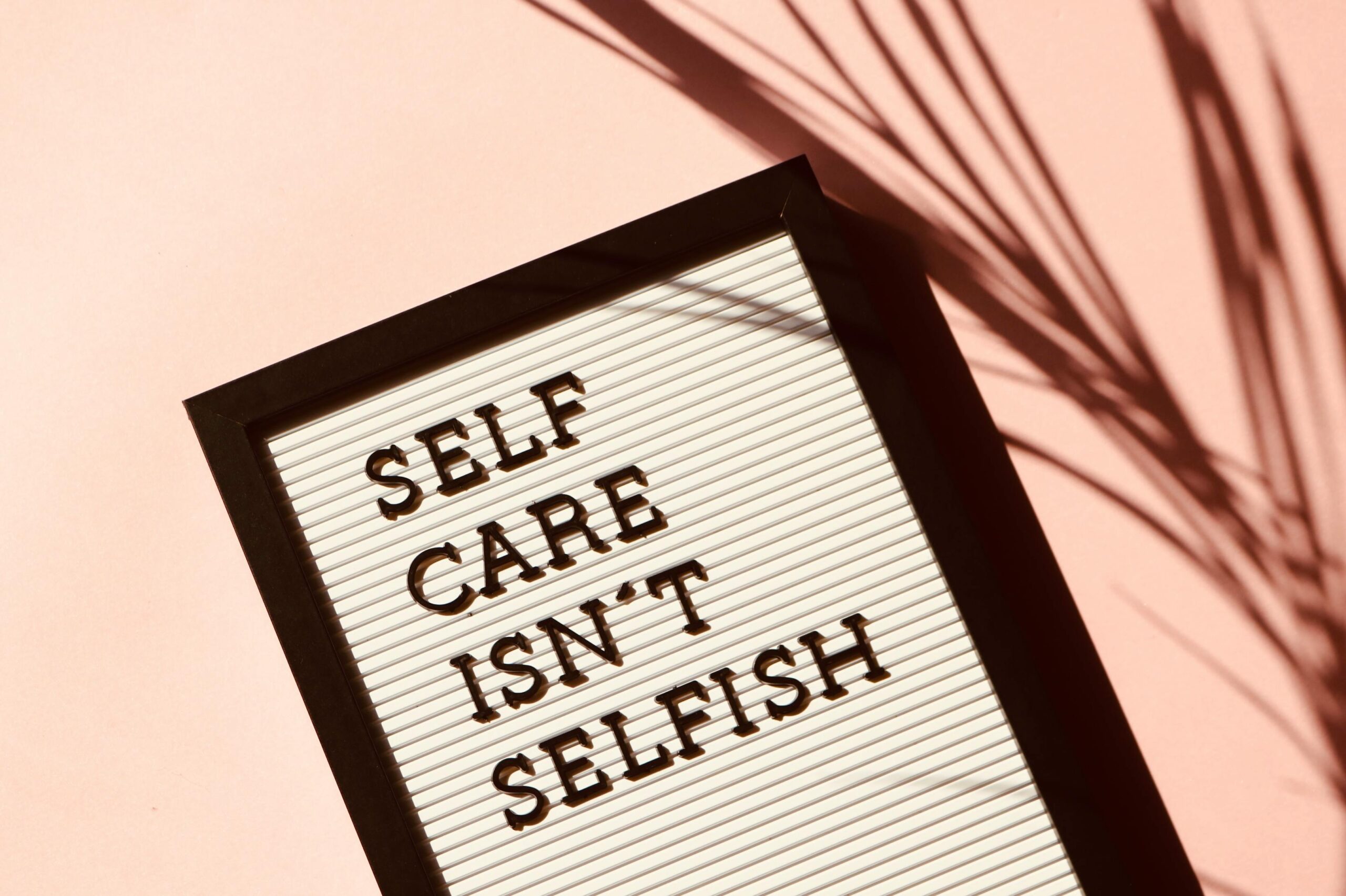In today’s fast-paced world, it’s easy to feel overwhelmed. From juggling work deadlines to staying connected on social media, our minds are constantly bombarded with information. It’s no wonder that mental clarity often feels like a distant goal. But there’s a practice that has been helping people regain focus, reduce stress, and achieve a peaceful state of mind for thousands of years: meditation.
Whether you’ve tried meditation before or are just starting to explore it, one thing is certain — meditation can be a powerful tool for cultivating mental clarity. But like anything worth pursuing, it requires some patience and practice. In this guide, we’ll break down the basics of meditation, how it can help clear your mind, and provide simple steps for beginners to get started.
Why Meditation Works for Mental Clarity
Before diving into how to meditate, let’s talk about why meditation is so effective in clearing the mind. The modern world is filled with distractions, leaving little room for stillness. This constant noise can cloud our thoughts, making it hard to focus or think clearly. Meditation, on the other hand, helps quiet the mental chatter, allowing us to reconnect with the present moment.
Through regular practice, meditation offers several benefits for mental clarity:
- Reduces Stress: Meditation encourages relaxation and helps regulate the body’s response to stress. When you’re less stressed, your mind becomes clearer and more focused.
- Improves Focus: By practicing mindfulness and paying attention to your breath, meditation trains the brain to focus on the present moment rather than wandering thoughts.
- Increases Self-Awareness: Meditation invites you to observe your thoughts without judgment. This self-awareness helps you better understand your reactions and emotions, leading to a clearer perspective on your thoughts and actions.
- Boosts Emotional Balance: Regular meditation can help reduce feelings of anxiety, depression, and overwhelm by calming the mind and promoting emotional stability.
- Enhances Cognitive Function: Studies have shown that meditation can improve memory, creativity, and problem-solving skills by strengthening areas of the brain related to focus and executive function.
Getting Started with Meditation: A Simple Guide for Beginners
If you’re new to meditation, it can feel a bit intimidating at first. But the truth is, meditation is for everyone — it’s a practice that anyone can benefit from, no matter how busy or chaotic your life may seem. Here’s a step-by-step guide to help you get started.
Step 1: Set Your Intention
Before you begin, take a moment to reflect on why you want to meditate. Are you looking to reduce stress? Gain more focus? Improve your emotional well-being? Having a clear intention in mind can help you stay motivated and centered throughout your practice.
Step 2: Find a Quiet, Comfortable Space
Find a quiet space where you won’t be disturbed. This could be a corner of your living room, a cozy chair by the window, or even a spot outside if the weather permits. Comfort is key, so choose a place where you can relax without distractions.
If sitting on the floor feels uncomfortable, feel free to sit in a chair with your feet flat on the ground. Just make sure your posture is straight but relaxed to allow for deep breathing.
Step 3: Focus on Your Breath
Start by closing your eyes and taking a few deep breaths. Inhale slowly through your nose, hold for a moment, and then exhale gently through your mouth. Pay attention to the sensation of your breath entering and leaving your body.
The goal here isn’t to control your breath, but simply to observe it. Focus on the rhythm of your inhales and exhales. If your mind starts to wander (and it will), gently bring your focus back to your breath. This practice of returning to your breath is where the magic happens. It strengthens your ability to focus and helps clear mental clutter.
Step 4: Let Go of Expectations
It’s important to let go of any expectations about how your meditation should go. You might not experience instant calm or clarity, and that’s perfectly fine. Meditation is a process, and the benefits come with consistent practice.
If your mind races with thoughts, don’t judge yourself. Instead, acknowledge the thoughts without attachment and let them drift away like clouds in the sky. The more you practice, the more you’ll notice that your ability to quiet the mind increases.
Step 5: Start Small and Build Gradually
When you’re just starting out, try meditating for 5 to 10 minutes. As you get more comfortable, you can gradually extend your practice to 20 minutes or longer. There’s no need to rush — meditation is a journey, not a destination. Over time, you’ll begin to notice a deeper sense of mental clarity, inner peace, and improved focus.
Tips for Maintaining a Consistent Meditation Practice
Staying consistent with meditation is key to experiencing its full benefits. Here are a few tips to help you stay on track:
- Create a Routine: Try to meditate at the same time each day. Whether it’s in the morning, during your lunch break, or before bed, consistency will help you build the habit.
- Start Your Day with Meditation: Many people find that starting their day with a few minutes of meditation sets a positive tone for the rest of the day. It can help you approach challenges with a calm and focused mindset.
- Use Guided Meditations: If you’re struggling to focus on your own, try using guided meditation apps or videos. These can provide structure and help you stay on track, especially when you’re just getting started.
- Be Patient with Yourself: It’s normal to have days when meditation feels difficult or your mind is particularly busy. Don’t let that discourage you. Just show up and meditate, even for a few minutes — consistency is more important than perfection.
Final Thoughts
Meditation is one of the simplest yet most effective ways to clear your mind and enhance mental clarity. By taking just a few minutes each day to focus on your breath and bring awareness to the present moment, you can reduce stress, improve focus, and achieve a greater sense of peace.
Remember, the key is to be patient and consistent. With time, you’ll find that meditation doesn’t just provide clarity during your practice — it spills over into your daily life, helping you stay grounded, calm, and clear-headed in the face of life’s challenges. So, give yourself permission to slow down, breathe deeply, and embrace the power of meditation.
Please like, comment, and share this article if you found it helpful and
informative.
For more news check out Big Town Bulletin News
For more from Big Town Bulletin check out Big Town Bulletin
Please like, comment, and share this article if you found it helpful and
informative.
For more news check out Big Town Bulletin News
For more from Big Town Bulletin check out Big Town Bulletin


